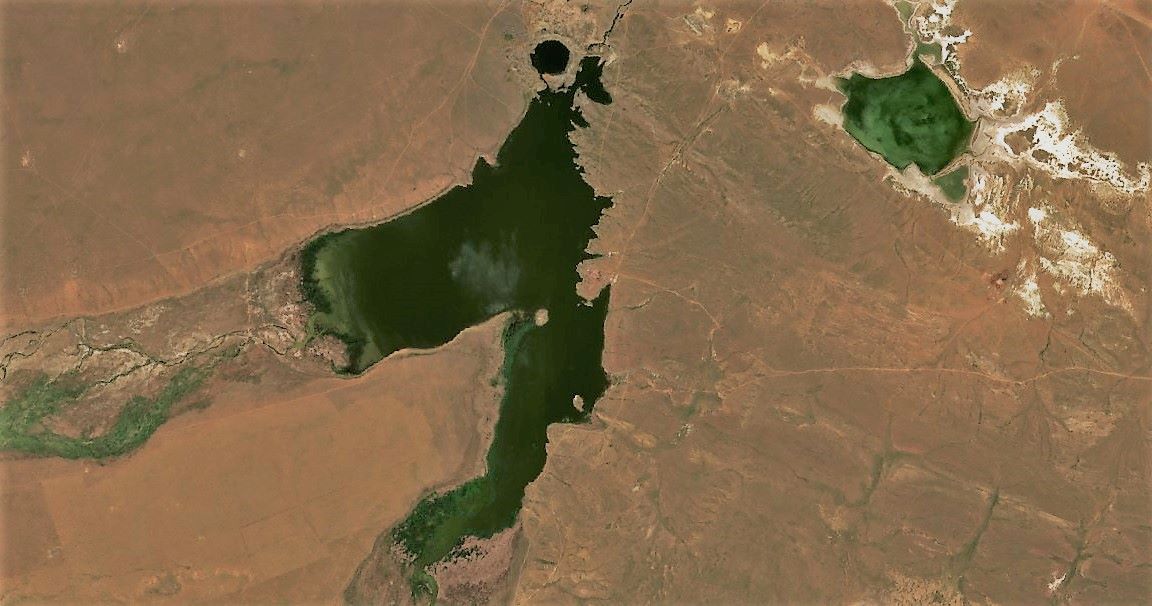In the middle of the taiga forest in northern Russia, there is a strange lake called Han Lake (or Shagan Lake). The lake is not on any tourist route, nor is it on the local guide map. However, this was once the center of one of the strangest scientific and political projects in Soviet history: using nuclear bombs to change the flow of rivers in Siberia.
The BBC said that in the 1970s, Soviet planners had the ambition to "renovate nature" by diverting water from Siberia - which flows north to the North of the East Sea - to the South, where it is densely populated and arid, such as Kazakhstan, Uzbekistan or even the south of Russia.
The goal is to provide water for agriculture, save the depleted Aral Sea and promote economic development in Central Asia.
The project, called "river island", even plans to dig a 1,500km long canal, using hundreds of " peaceful" nuclear explosions to blow up the approach road.
On February 23, 1971, three nuclear devices equivalent to an Hiroshima bomb were detonated underground in the Perm region to create an experimental canal connecting the Pechora and Kama rivers.
As a result, a large explosion hole later became the Attic Lake. Although considered safe, the lake still has high radiation levels and is surrounded by warning signs of radioactive danger.

Despite the detailed plan, the idea of River Reversal quickly encountered a wave of protests from scientists, writers, poets and the public. They criticized the project for its huge cost (estimated at hundreds of billions of USD), unpredictable environmental consequences and unfounded science.
Professor of history Paul Josephson, who approached the official environmental assessment report, was shocked by the simple conclusion: We predict local and controllable environmental impacts.
After the Chernobyl nuclear disaster in 1986, environmental concerns rose and the national budget was exhausted. In July 1986, Soviet leader Mikhail Gorbachev ordered the cancellation of the entire "river island" project. But many observers believe that the real reason is that funding is out of control in the context of falling oil prices and a weak economy.
However, the idea of " River Island" has never really died. In 2008, former Moscow Mayor Yuri Luzhkov launched the book "Water and Peace" to promote the revival of the project.
By 2025, the two Russian scientists also proposed that modern technology could help rebuild this project in a "greener and more efficient" direction.
Although it is no longer on the policy agenda, many analysts believe that the idea of an island in Siberia can be revived at any time.
The Soviet Union failed, but Russia was still a resource empire, said Professor Josephson. And when resources are water, reversing the river will always be an attractive idea... until the next time.











